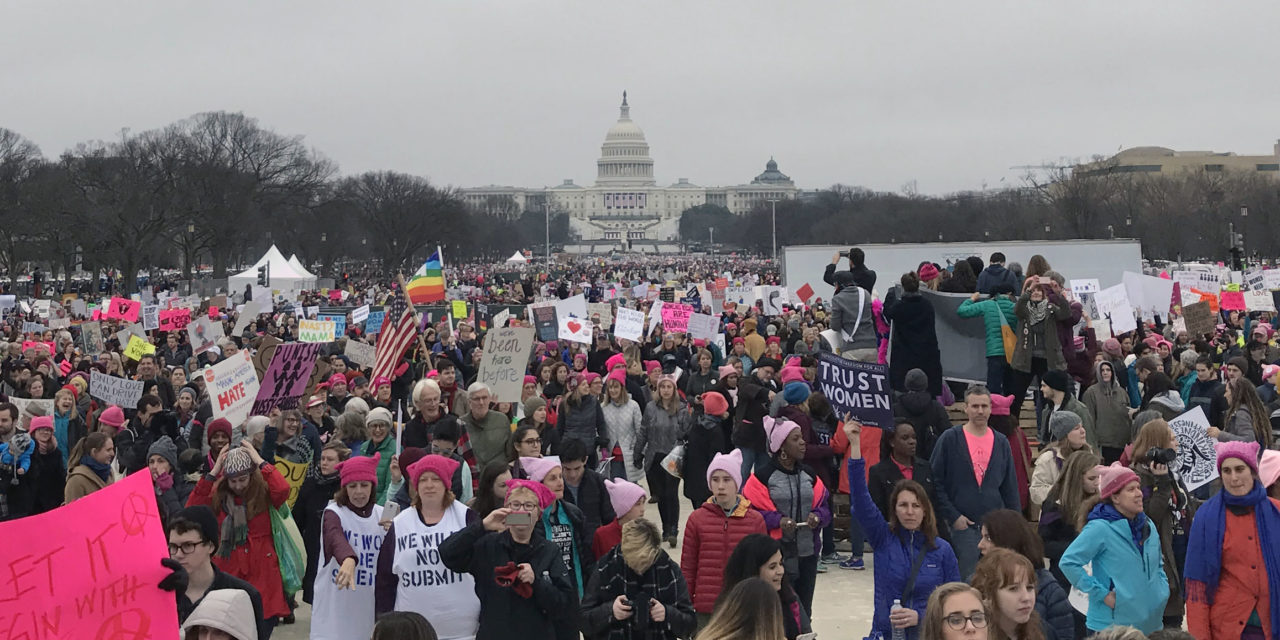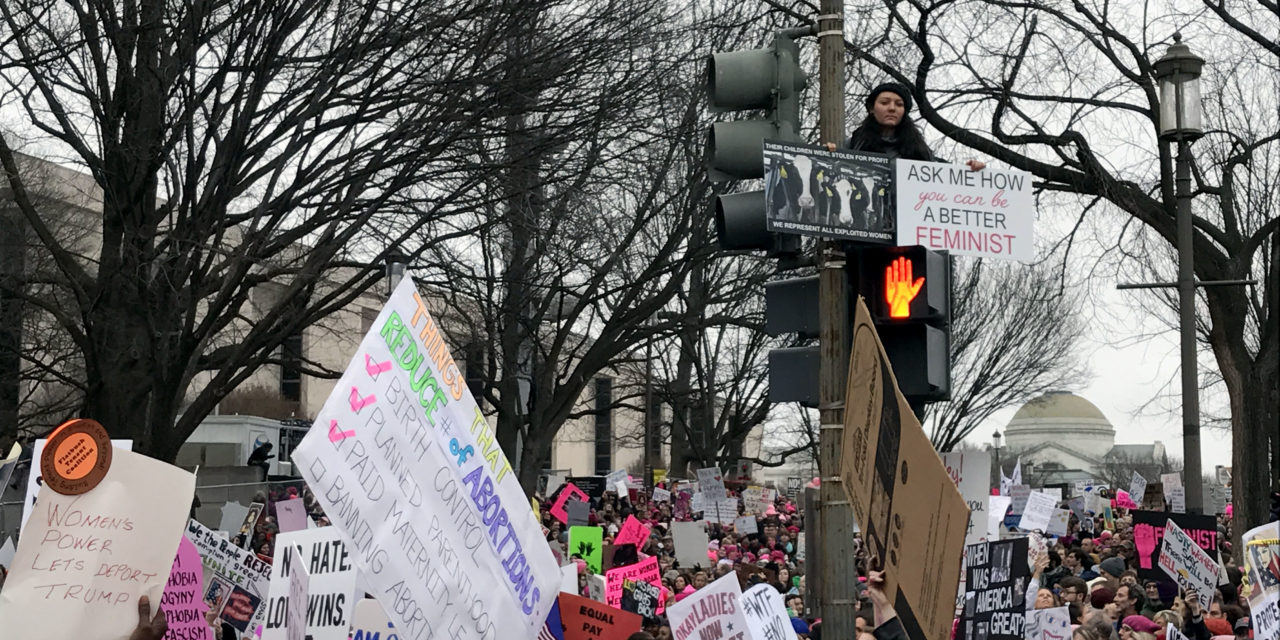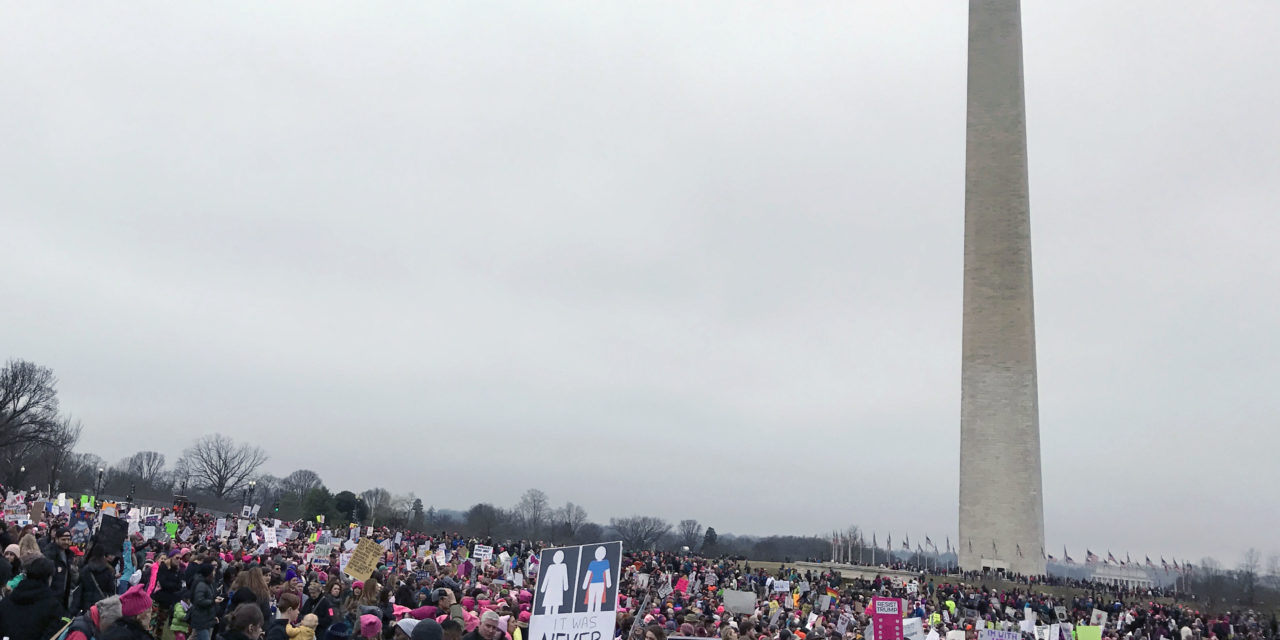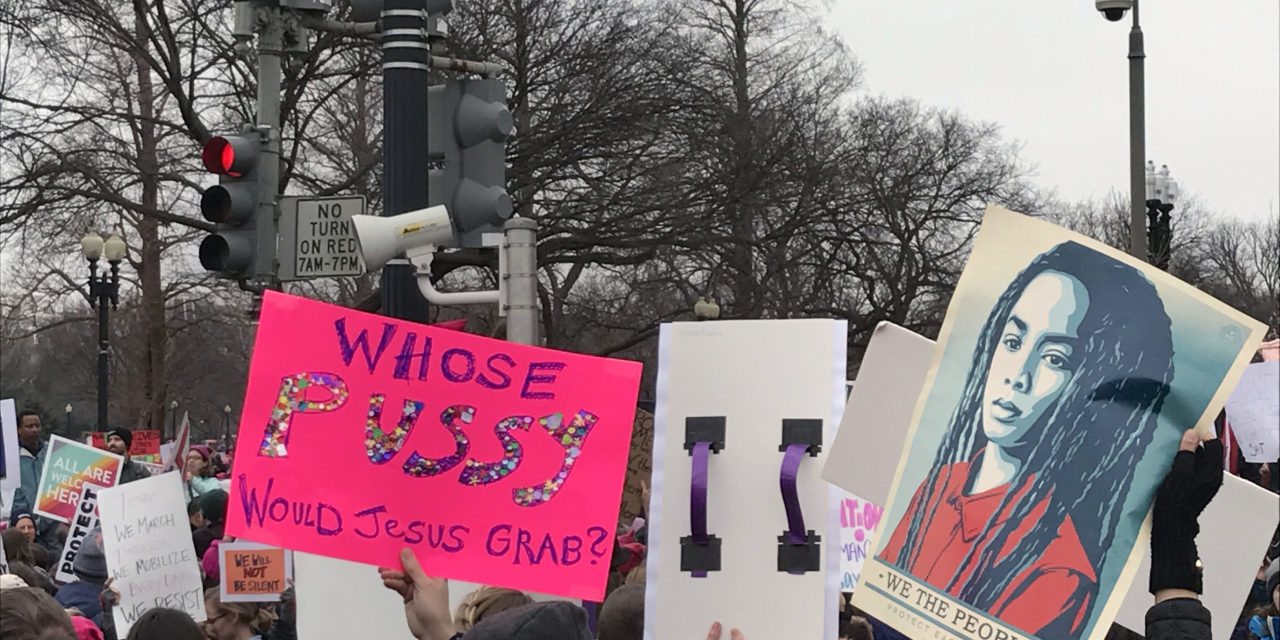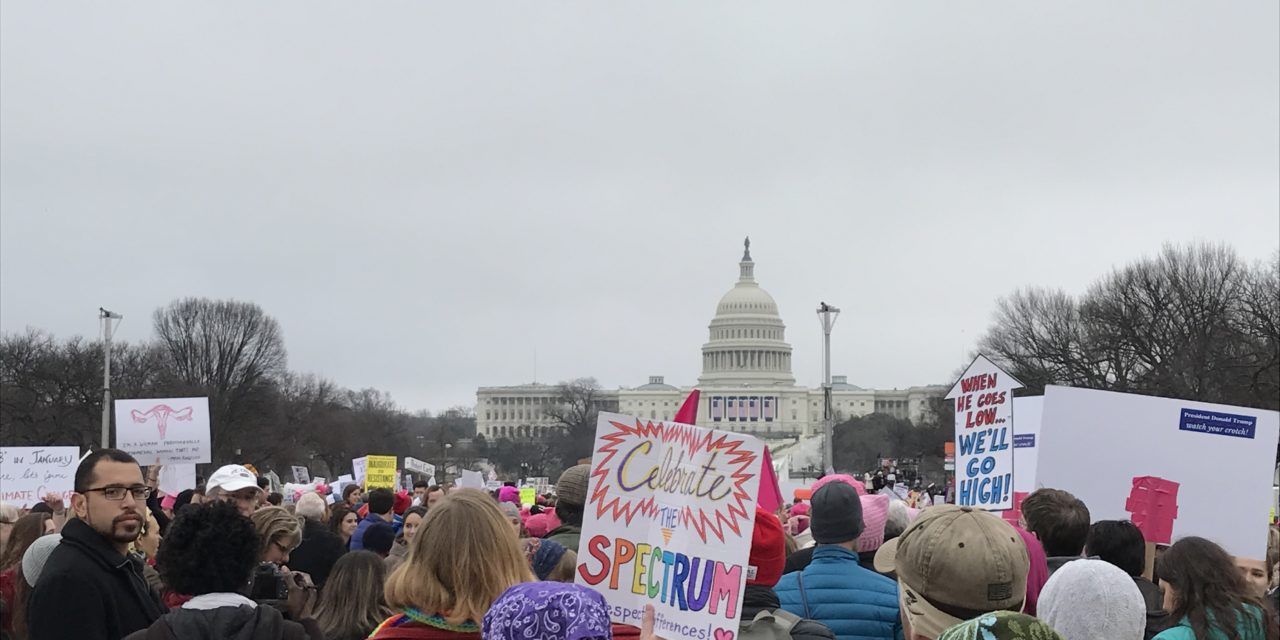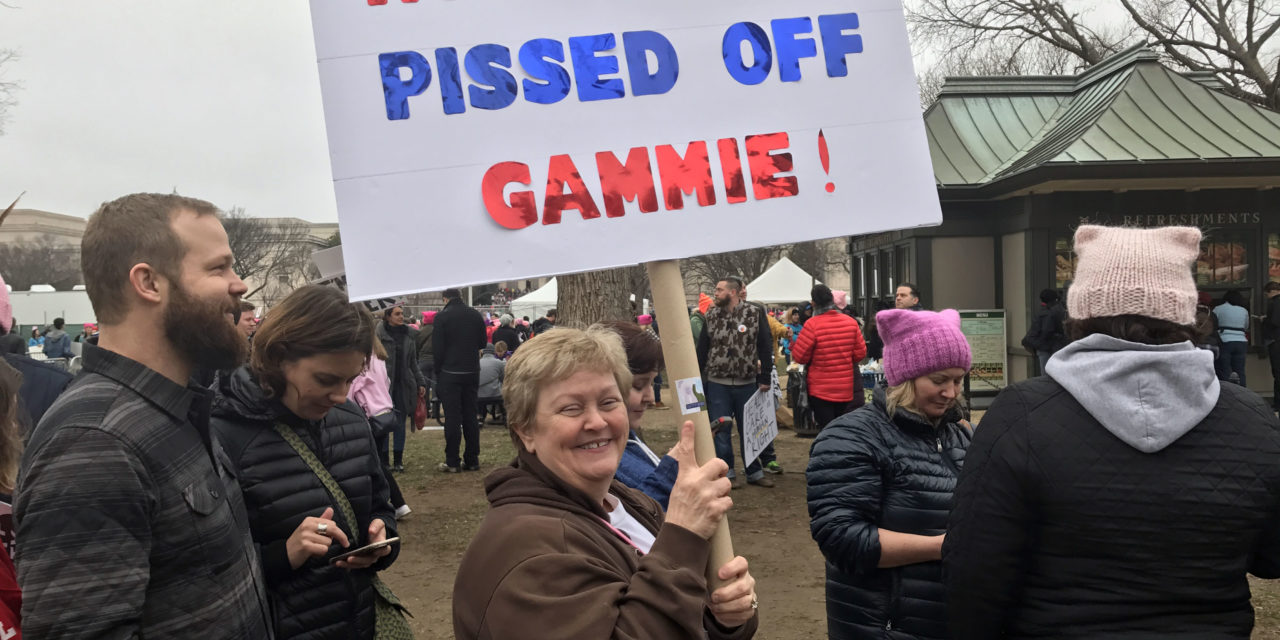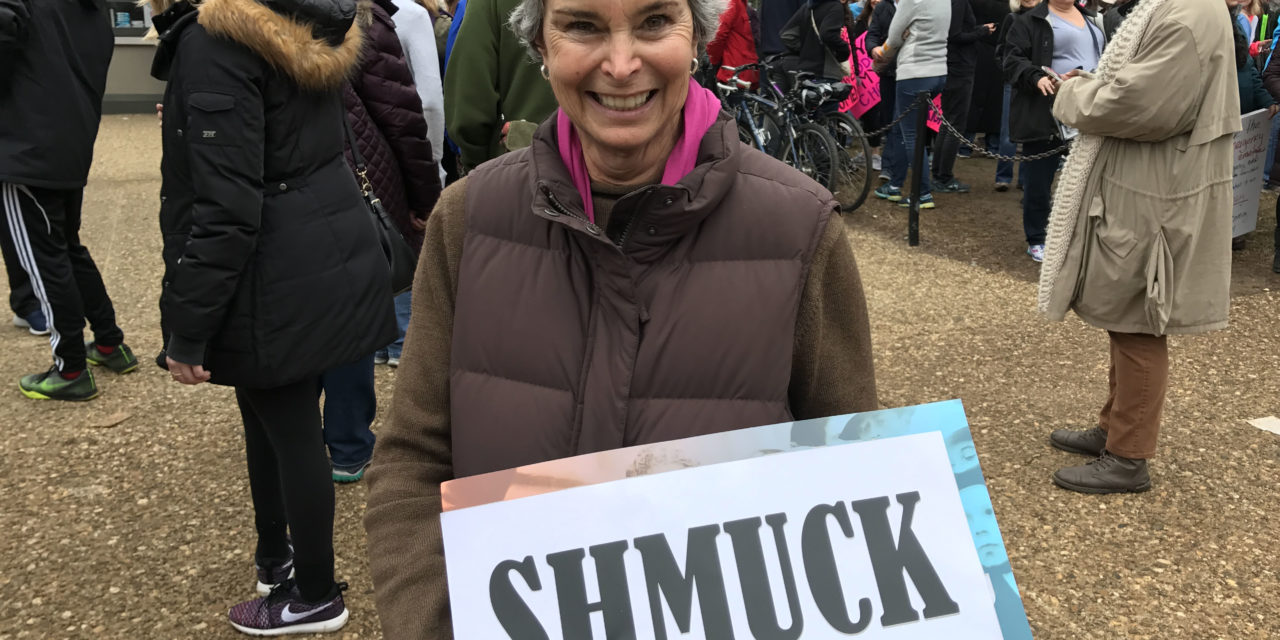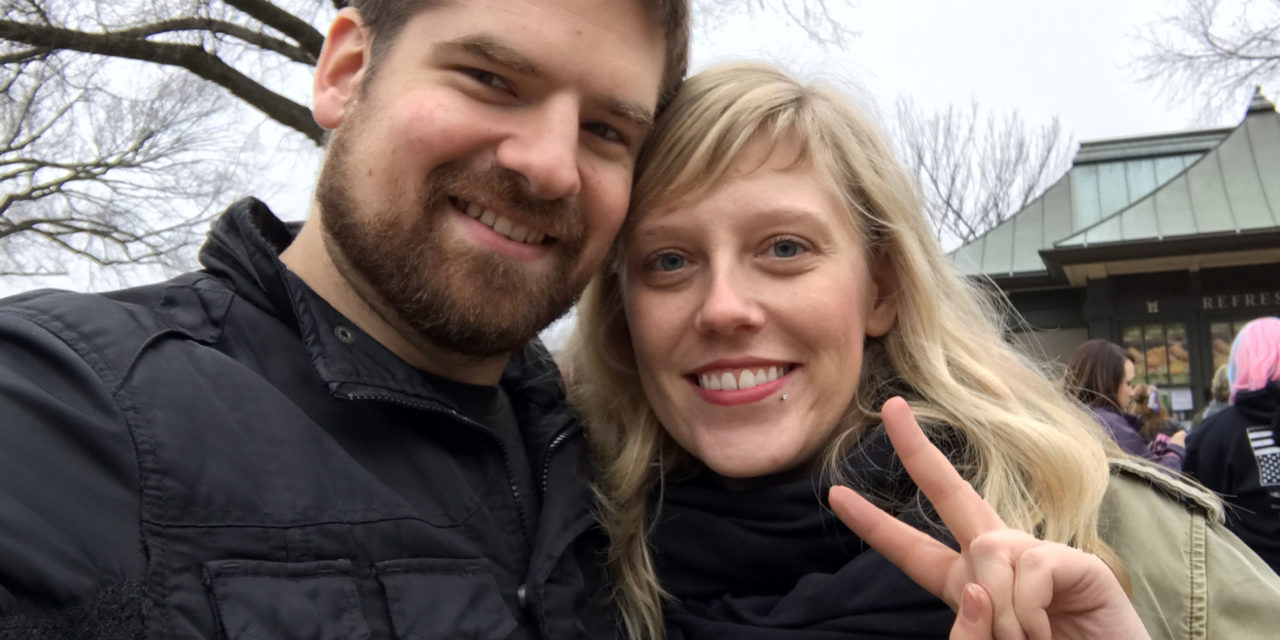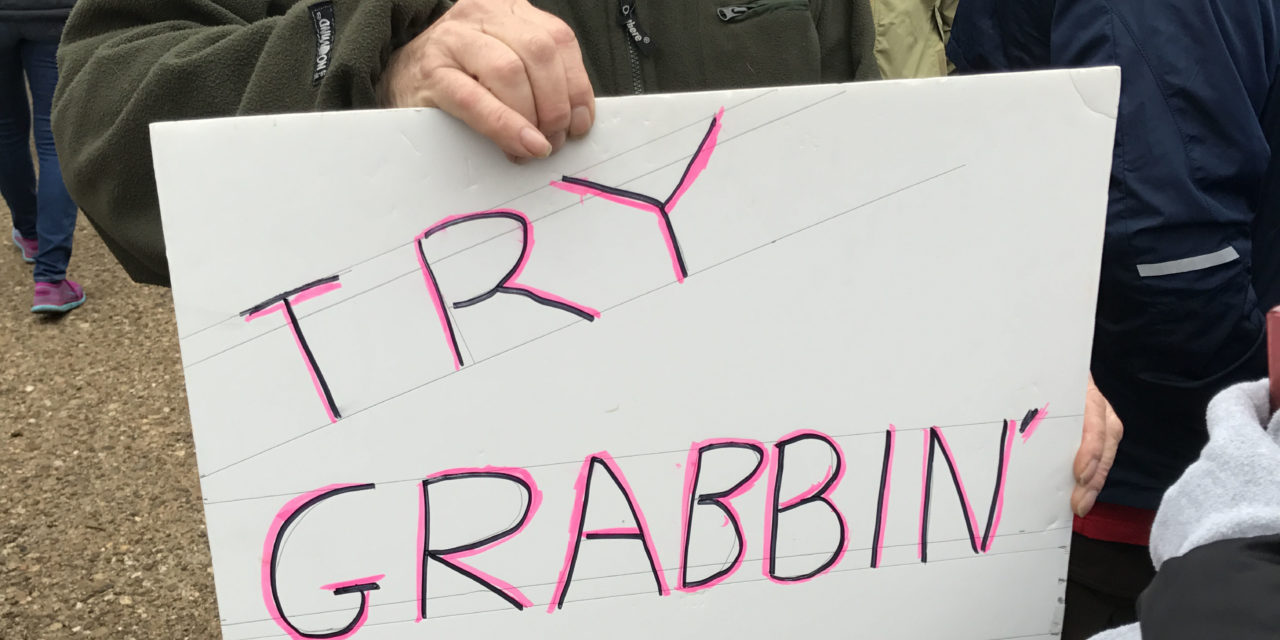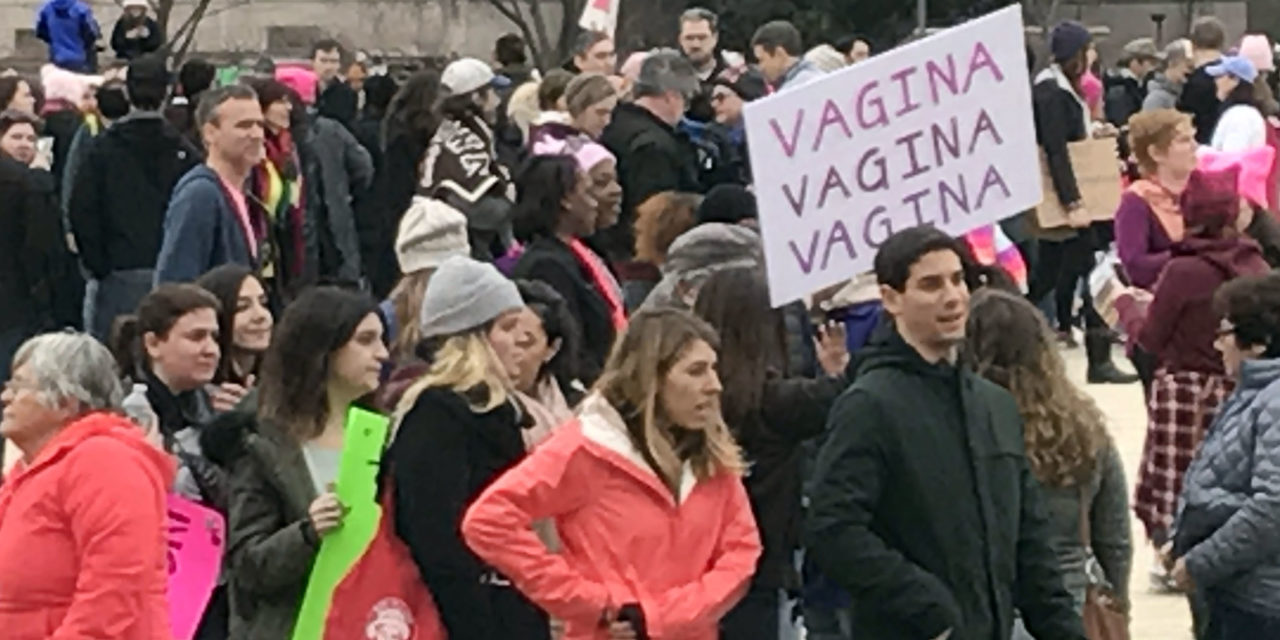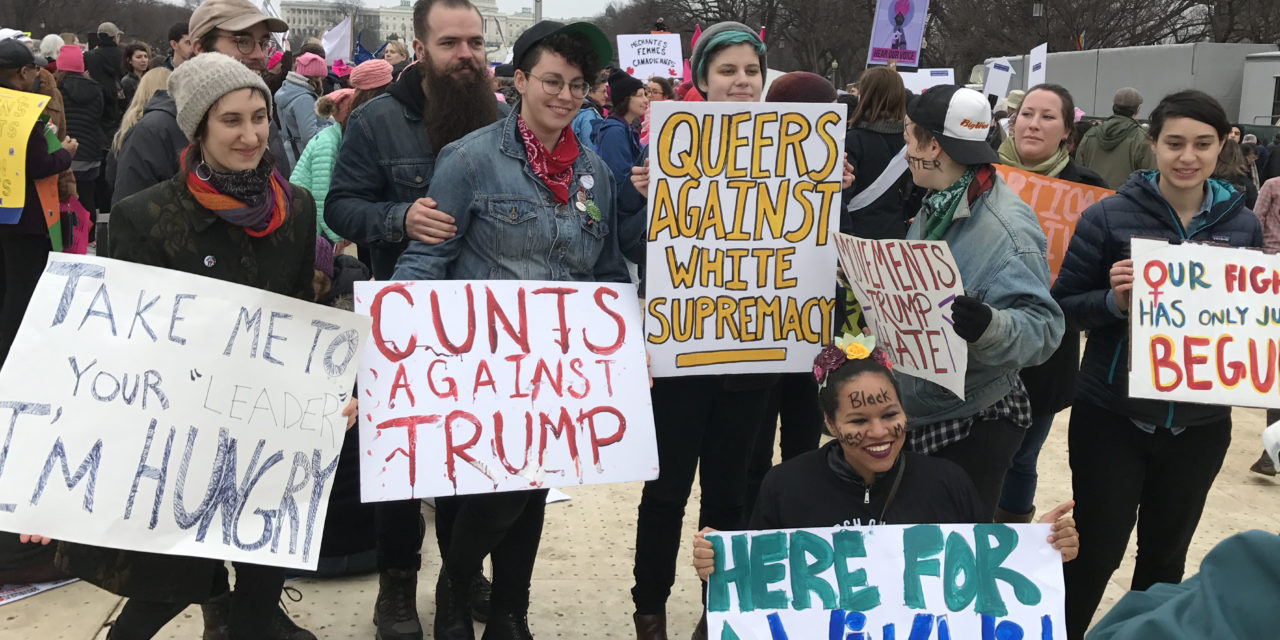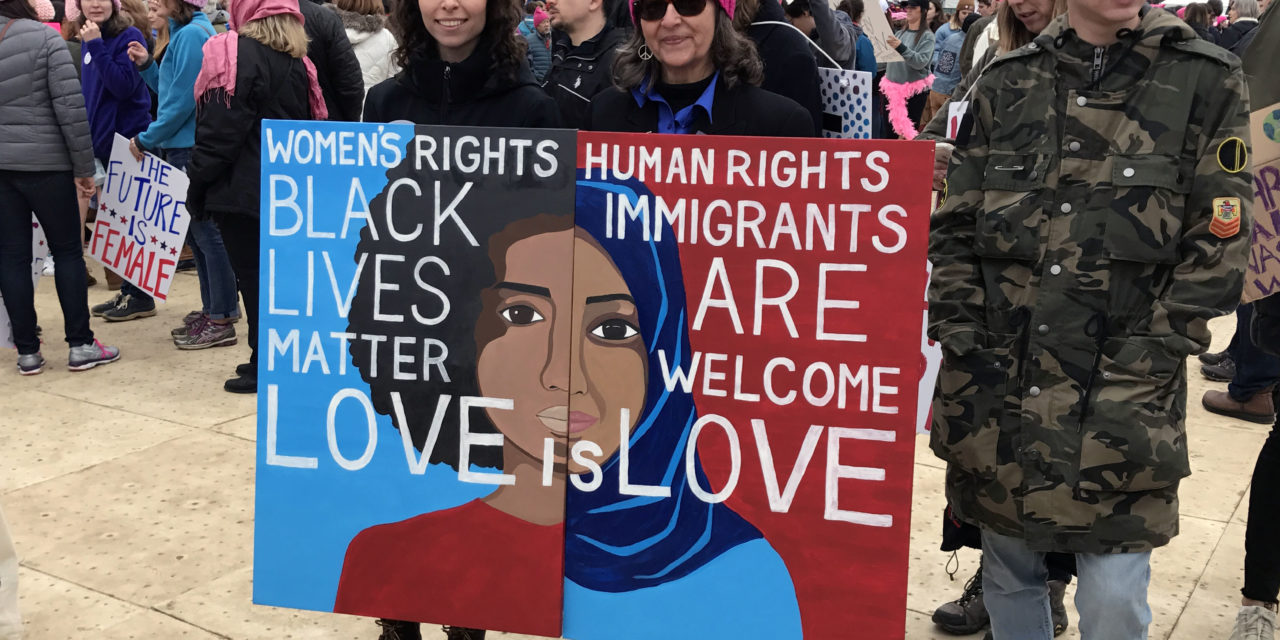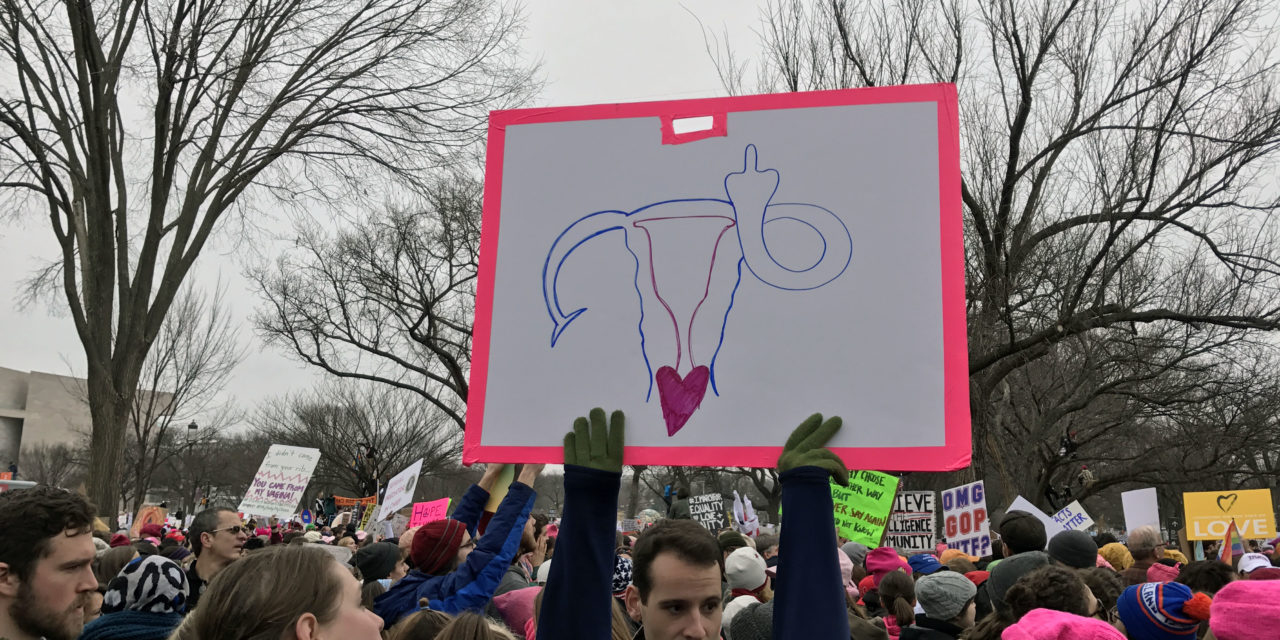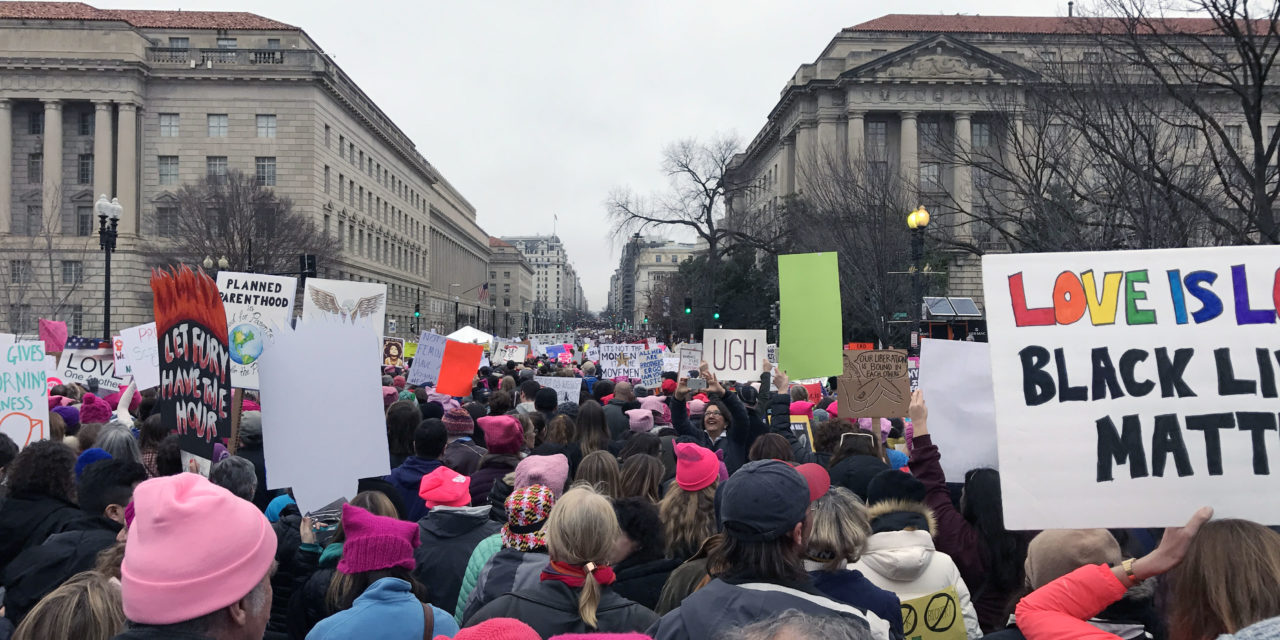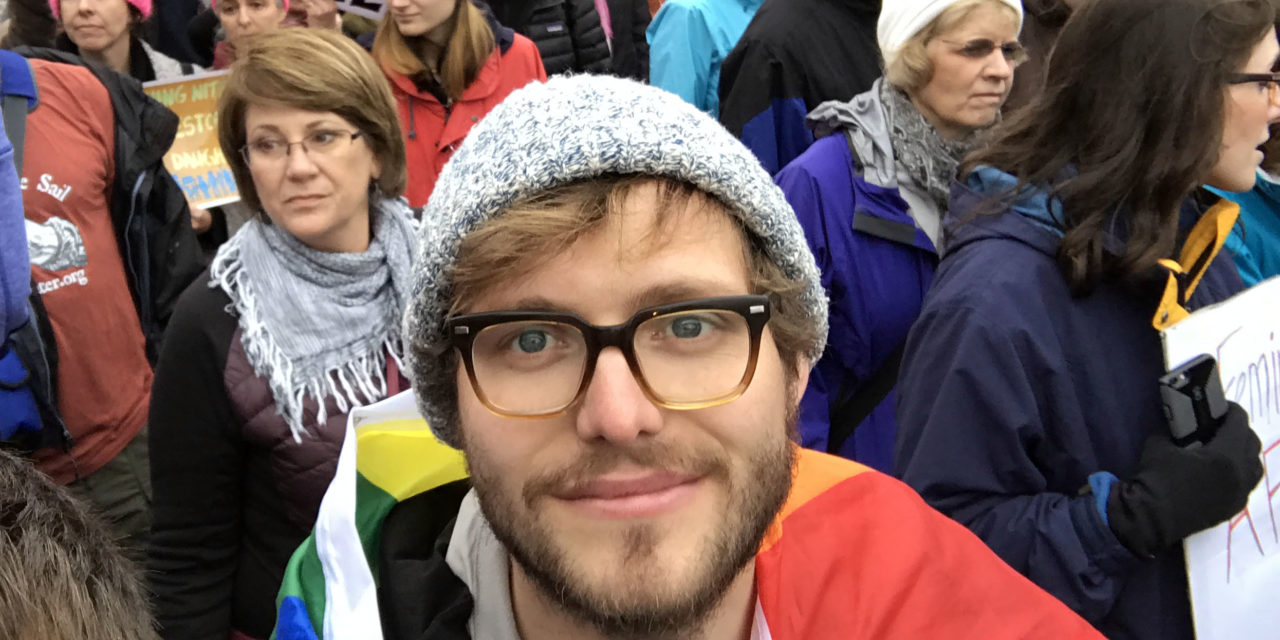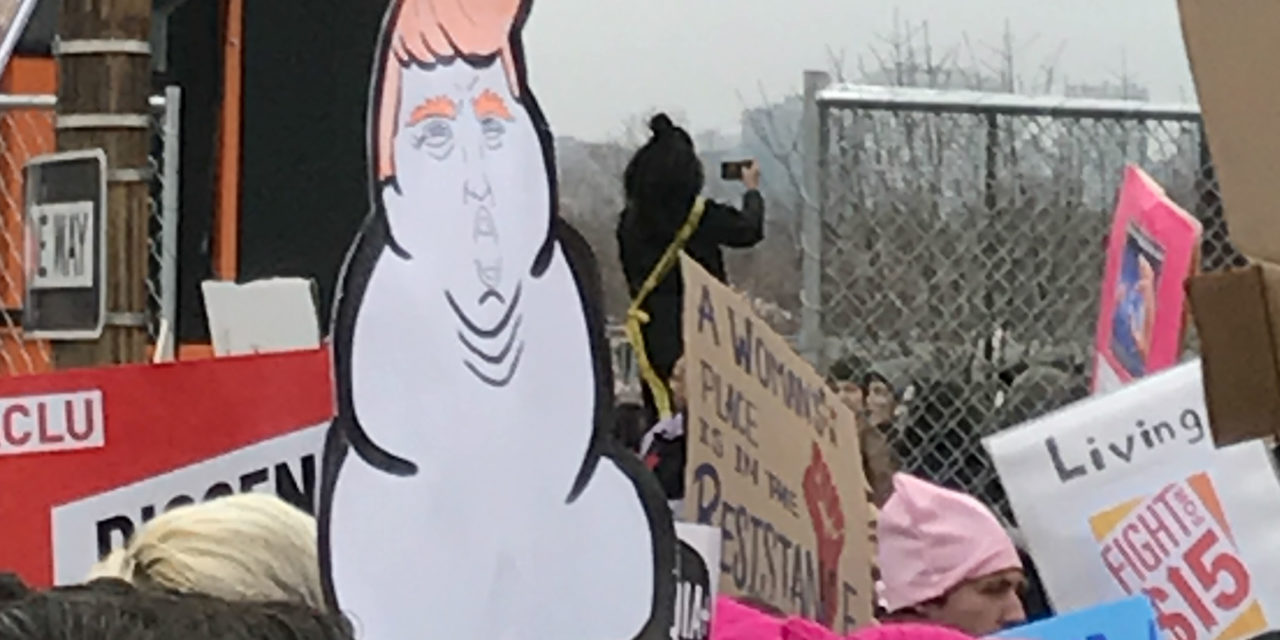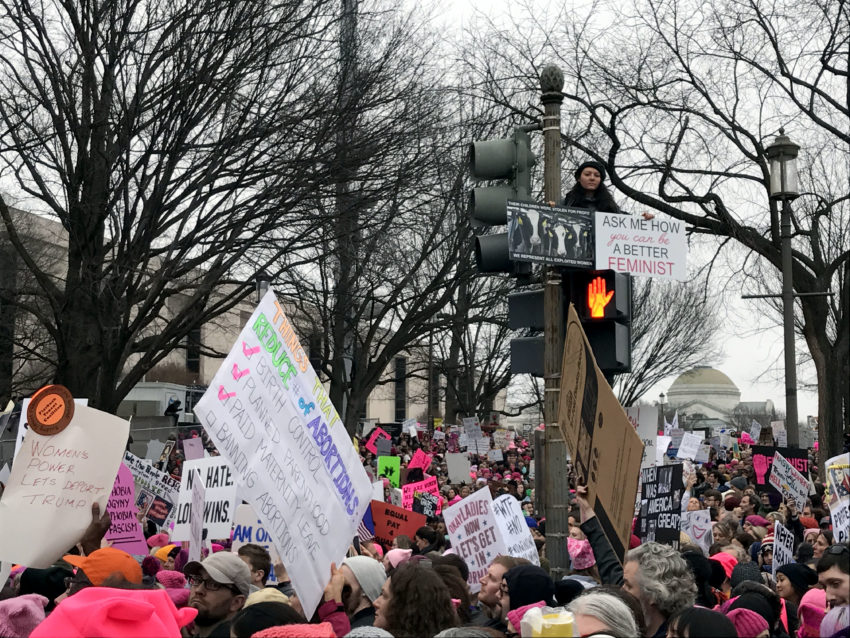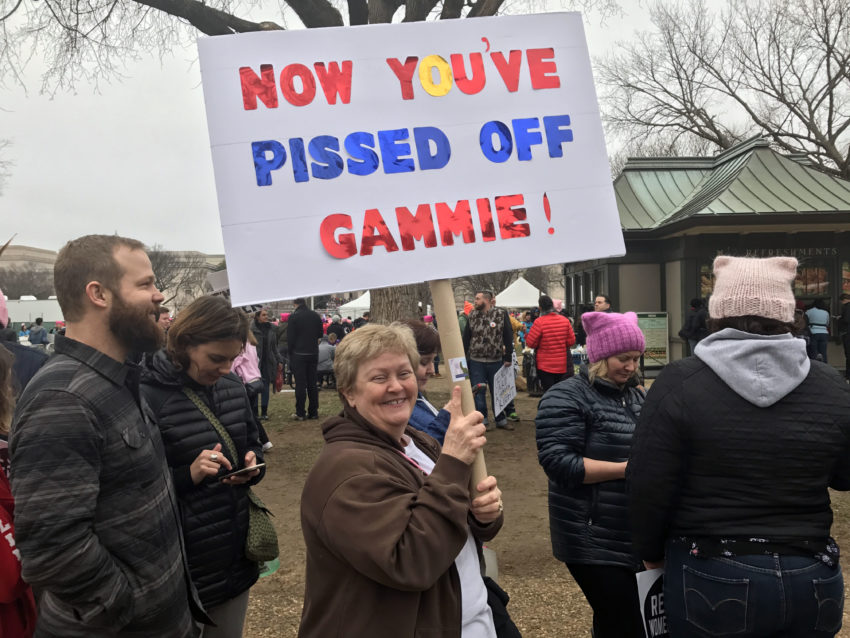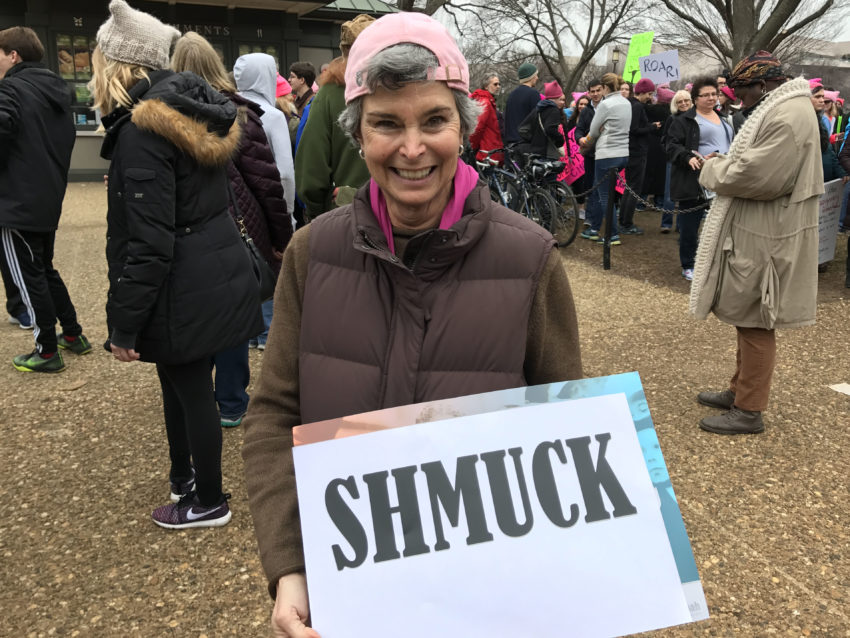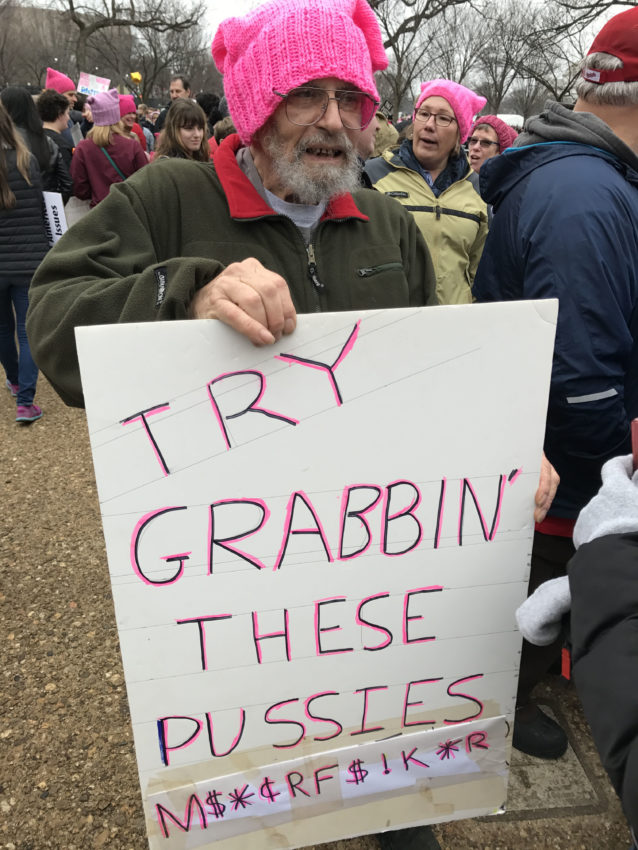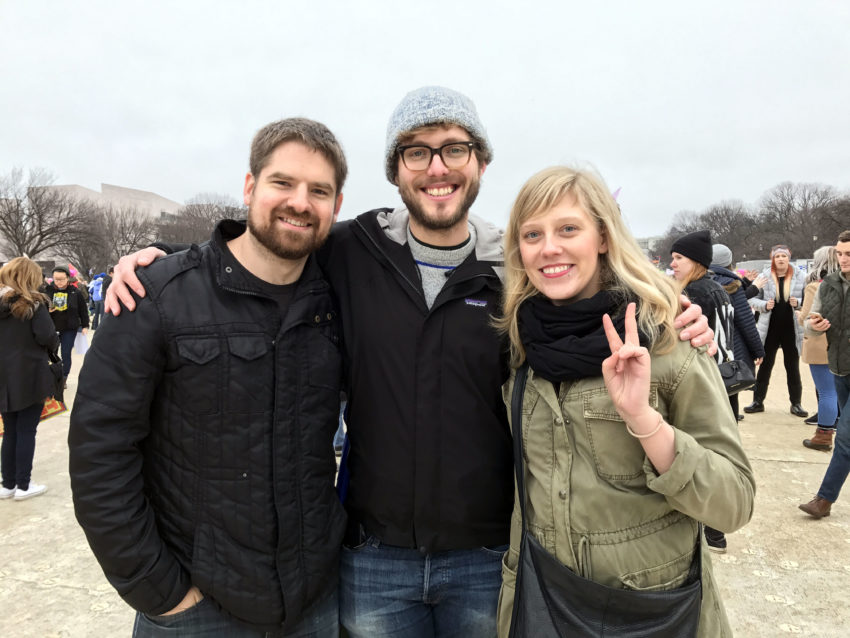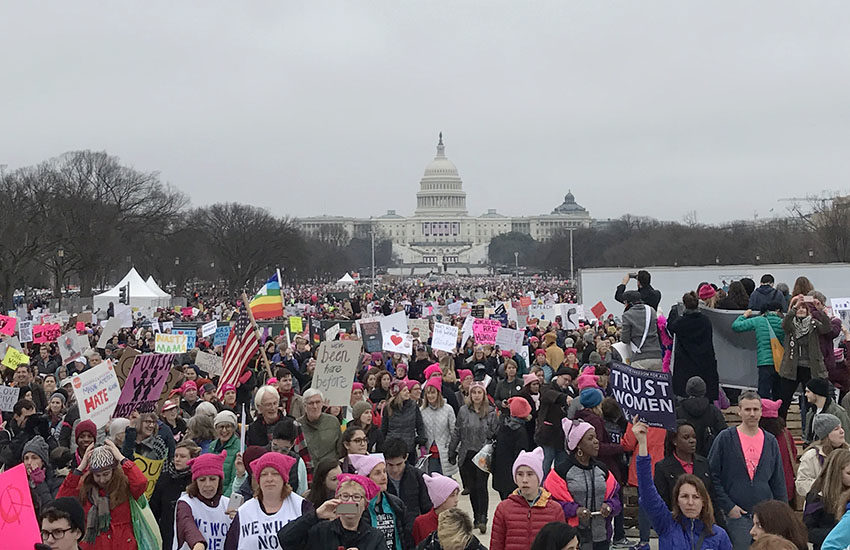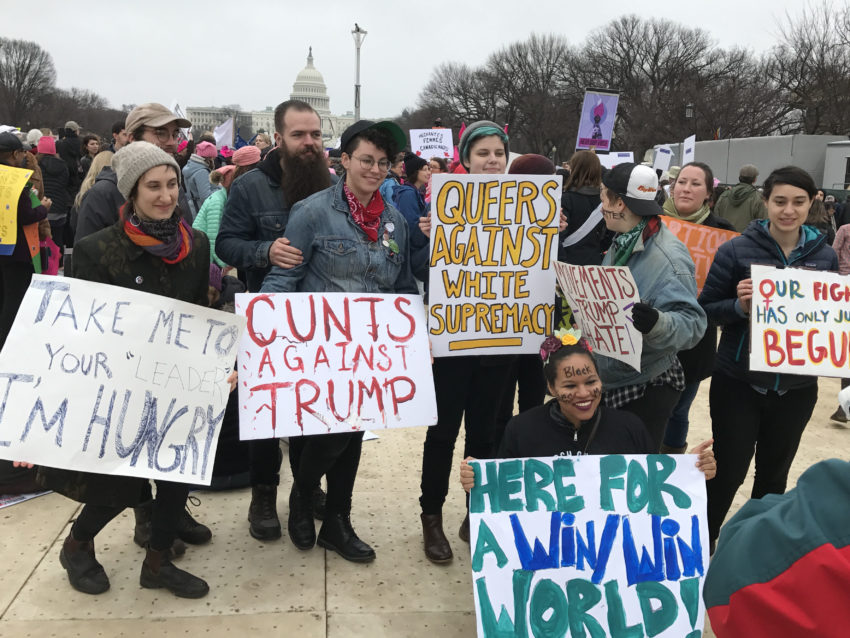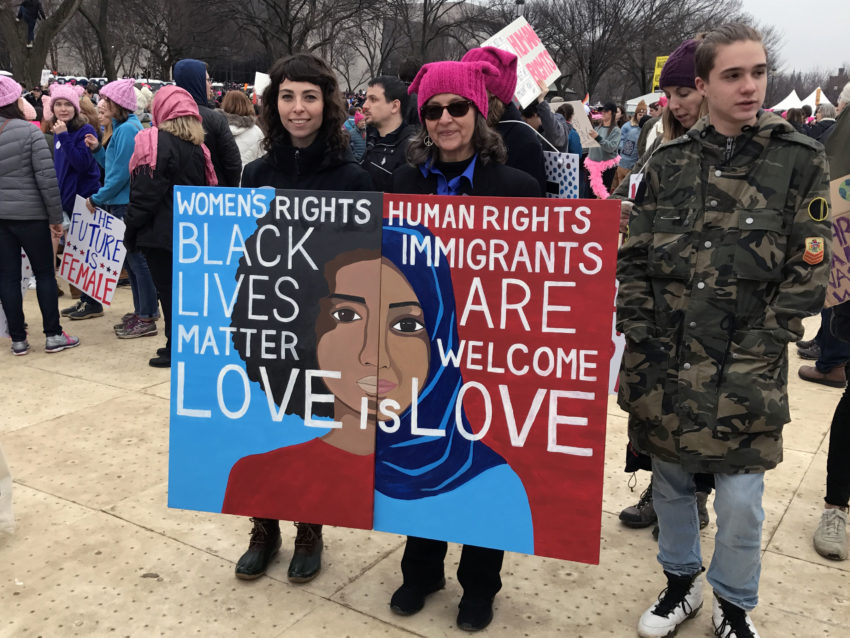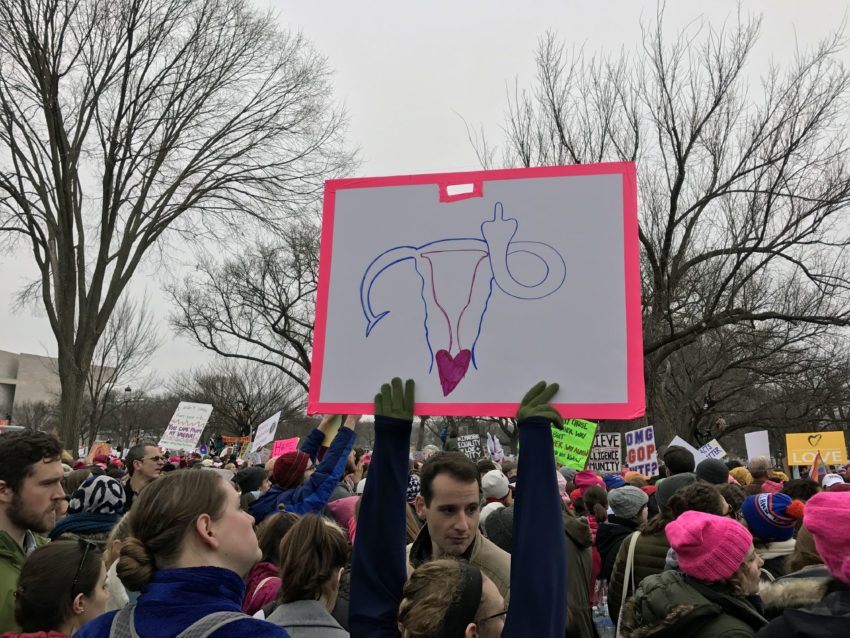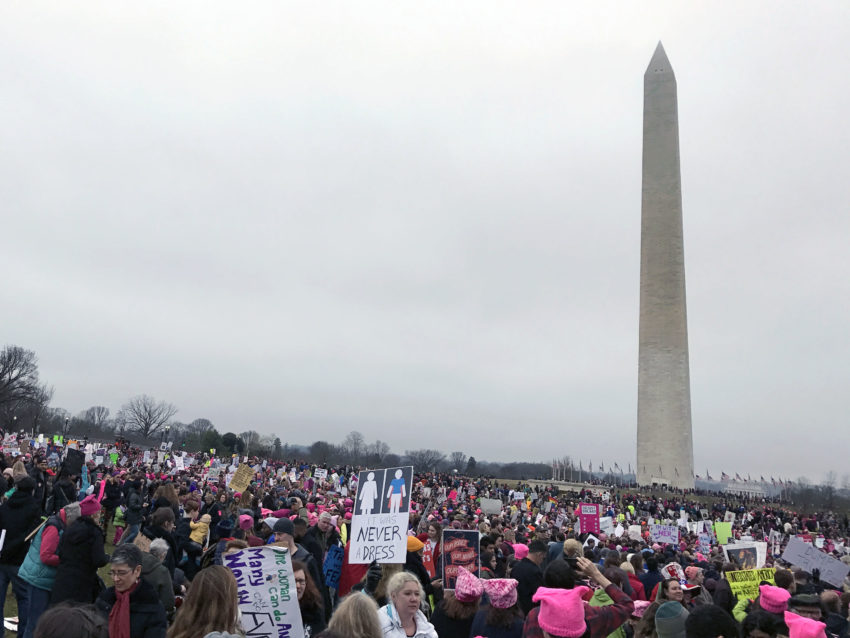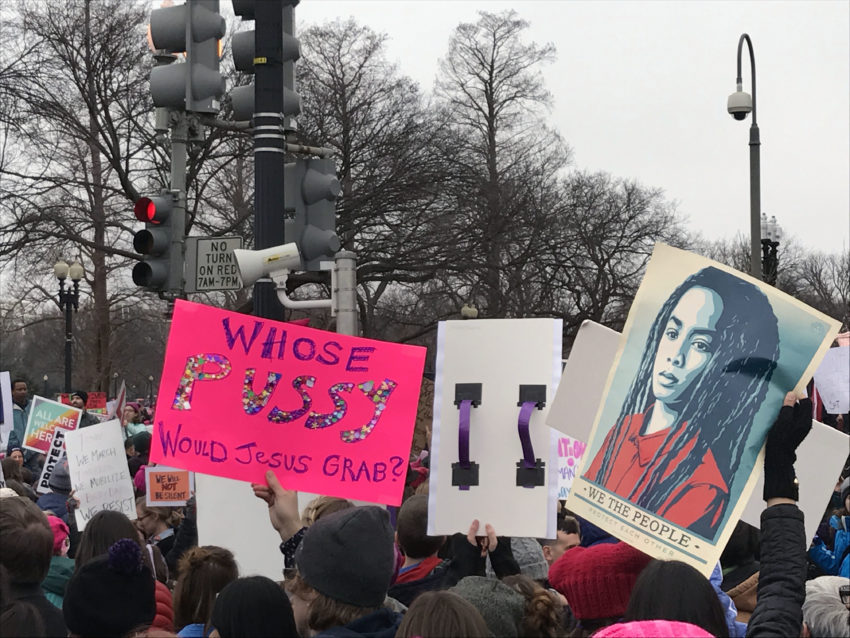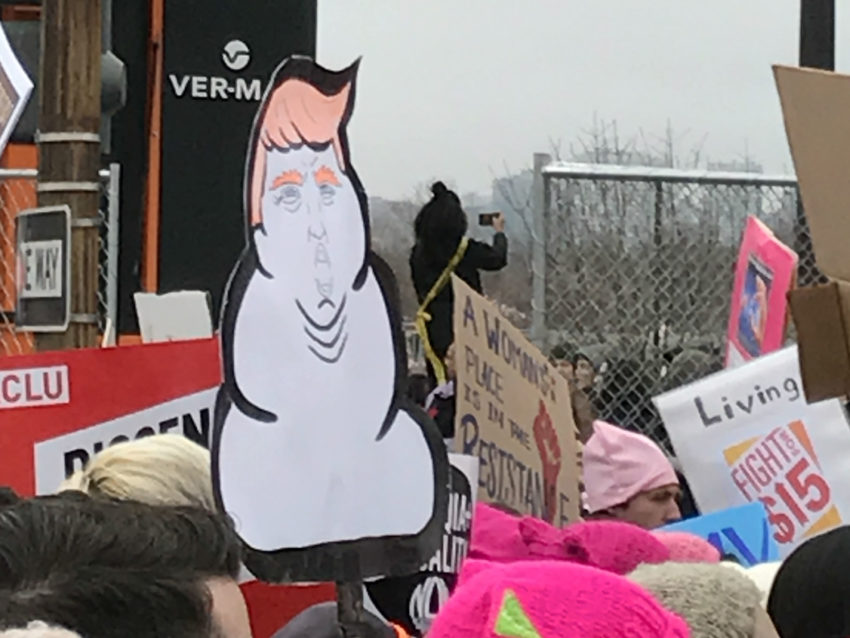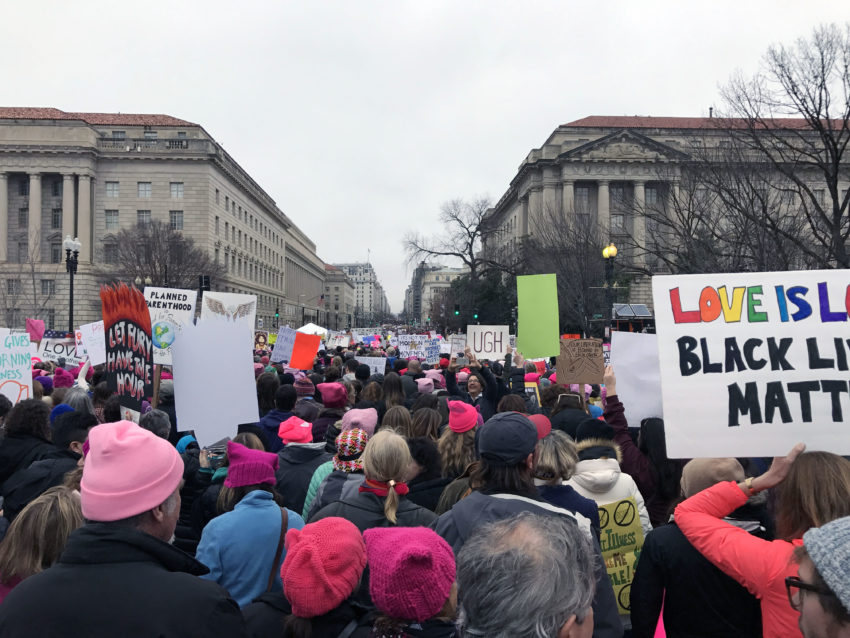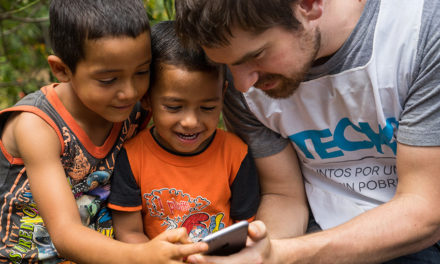On January 21st 2017, one day after the inauguration of Donald Trump as the 45th president of the United States, nearly 500,000 people flooded the nation’s capital in protest. Around the world, protests were held in dozens of other cities spanning all 7 continents. As peaceful uprisings sprung up around the globe, I joined the flagship protest in Washington DC with one goal, to use a skill that has been recently underutilized by my county’s divided people, I went with the goal of shutting my mouth and simply listening.
Conversation about the protest started as soon as I left the airport in DC. I entered an UberPool (the carpool version of the popular Uber service) that was full of strangers. Immediately, talk started about the protest. One woman had traveled from Canada and was eager to voice her opinion about the negative impact that President Trump’s proposed policies could have on the environment. Another person in the car was worried about the direction that she saw women’s rights going in. The driver very vocally chimed in and voiced her opinion about her fear of the new administration disrupting the current status quo and the hypocrisy of church and state. My girlfriend, sitting next to me, voiced her opinion about the importance of taking action and showing up. I listened to the various opinions. There was not a lot of disagreement in the car but there was also not a lot of focus.
The next morning, half a million people and I woke up and headed to the National Mall, the public park that has been the location of many of the United State’s largest and most important protests. The metro system was quickly overwhelmed and although travel was slow, the crowd remained cordial and friendly.
The organizers of the Women’s March on Washington had expected about 200,000 people. The Washington DC police wanting to plan conservatively, planned for 400,000 people. The real count was closer to 500,000.
Protesters took no shame in voicing their many opinions. Some protesters in Washington DC focused their energy on voicing their opinions on women’s rights. Others in DC focused their fear for the future of public education. Still others shouted about racism. In Sioux Falls, South Dakota, the crowd focused on Native American rights. In Antarctica, the group focused on the importance of fact and science. In New Delhi, India the protestors focused on publicly changing the acceptance of sexual assault. Around the world, people gathered in protest and made their voices heard.
Around me I heard people protesting about:
- Woman’s rights
- Reproductive rights
- The prevalence of rape culture
- Health care
- The unreflecting percentage of white male politicians in the US government
- Racism and the black lives matter movement
- The rise of fascism
- Immigration rights
- Islamophobia
- Lack of transparency with President Trump’s tax return
- Lack of plans behind President Trump’s promises
- Concerns for Melania Trump
- Education reform
- The corruption of politicians and President Trump’s nominated cabinet members
- Climate change
As I listened to the hundreds of thousands of impassioned protestors I realized that these voices only covered the people who openly opposed President Trump. The biggest protest in the country’s history did not cover the very legitimate concerns of the millions of people who had voted for President Trump.
I believe it is the breadth and variety of problems that best illustrates the current state of the world. There are millions of extremely upset people all around the globe who are fearful of the world’s growing inequality but they are extremely fragmented in the causes they are pursuing.
The many causes of distress that were individually simmering have now combined and started to boil over. We are not united in one target for our disdain but as a global community, we humans are united in our lack of acceptance of the current state of affairs. Right now, the world is changing around us. The most unsettling part of our new reality is that results of these very dramatic changes are currently unknowable. The best we can do is speak up, listen openly and participate in how our new world unfolds.
- Woman Climbs Traffic Light in Washington DC
- Protester Grammie
- “Shmuck”
- “Try Grabbin These…”
- Protester Friends
- Women’s March on Washington
- Group of Protesters
- Art and Protests
- A Popular Graphic at the Women’s March on Washington Protesters
- “Hey Biff, Get Your Damn Hands Off Her”
- Washington Monument and Protesters
- “Whose Pussy Would Jesus Grab?”
- Trump Poop Emoji
- Protester Walking Toward The White House

